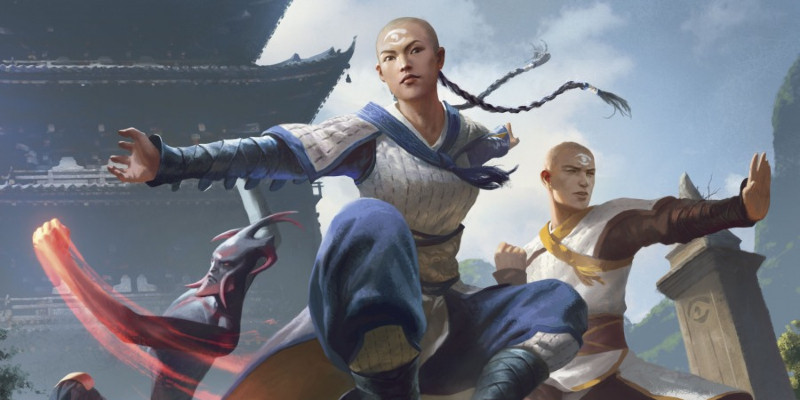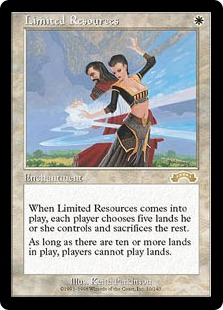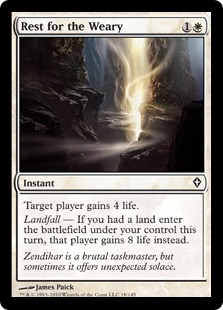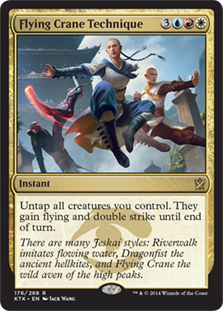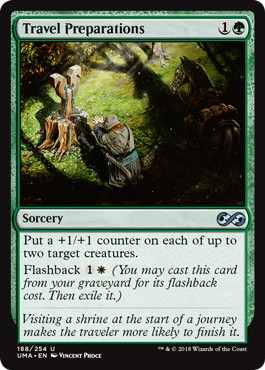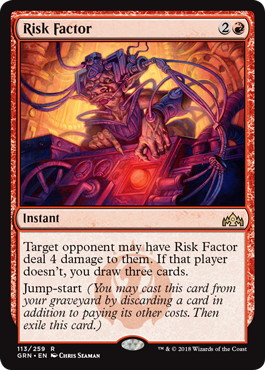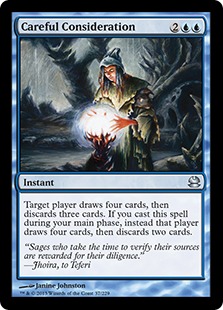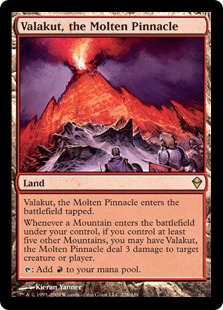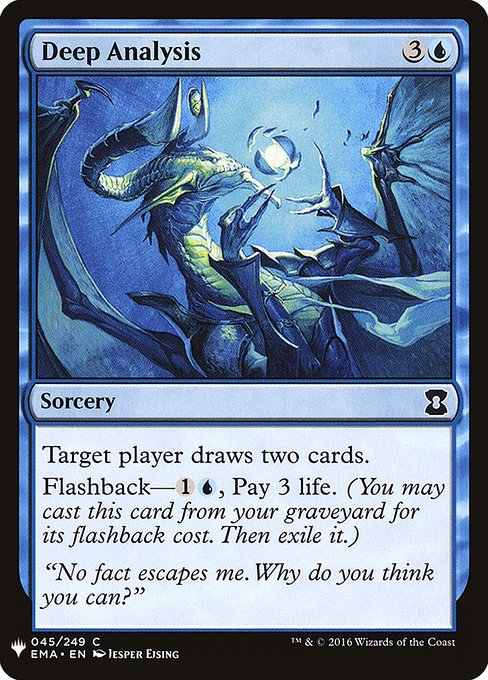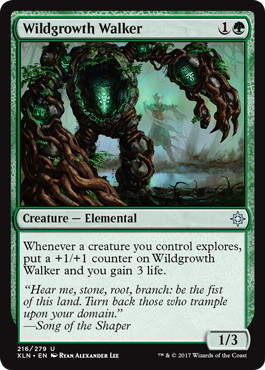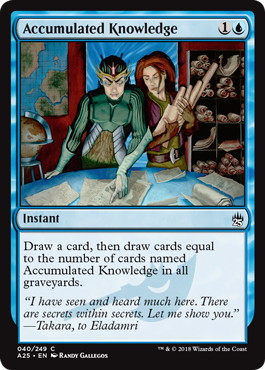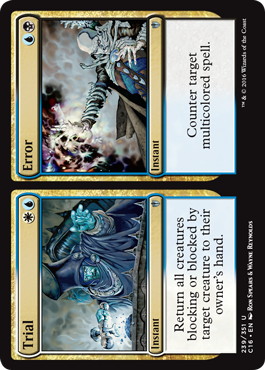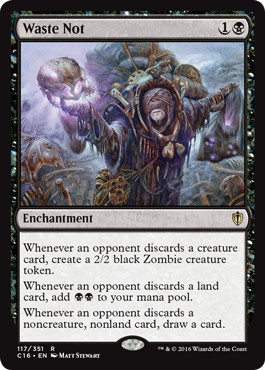Introduction
Hello everyone!
I’ve been having troubles to write a new article for a while now because I’ve been struggling with the subject to write about – I’ve started working about a year ago which means that my time I could spend on actually playing Magic got significantly limited so I had to make it count.
As a result, I’ve been mostly focusing on the formats that actually mattered the most for every given time (mostly Limited and Standard) and didn’t play much of the rest.
Problem was that I either didn’t want to put out the deck with a sideboard guide I was about to play in an upcoming event to not get myself disadvantaged and was waiting for the tourney to end but then banns struck (this happened twice!).
I returned back to my home country Czech from Tokyo couple weeks ago and after a horrible performance at Pro Tour Finals I decided to take a small break from playing before I fully dive deep back in; so as a result I don’t really know much about what is going on in Standard after the banns struck (I still follow social media and watch streamers frequently, so I obviously know all the decklists etc. However, I can’t really provide a valuable expertise on any of the decks).
I talked to my manager what to write about and we decided that I should try to write a general article for once – I don’t actually think I have ever written something like that but there is always a first time for everything I suppose.
I was thinking what to write about and then eventually came to a conclusion that I could maybe share some of my “Techniques” which allowed me to have the success at Magic that I had during my MTG career.
How I Approach My MTG Tournament Preparation
Now, I realize that I might not be considered to be one of the actual elite players who crush one Pro Tour-level tournament after another like Luis Scott-Vargas(LSV) or Paulo Vitor Damo da Rosa(PV) but I definitely had a fair bit of success, especially at the Grand Prix level (4 wins, 9 Top 8s) without being a genius or even that much of a talent (when I started playing I was worse on average than other people playing for about the same time).
I think that if you are a middle-level competitive MTG player and want to put up a better than average result (maybe a GP top8 or a PT invite) the first thing you should focus on is honesty with yourself – the mistake I see many players repeat over and over again (myself included heh :D) is that they consider themselves (and therefore their decisions) much better than they are actually which is a huge, huuuge trap.
Lesson Number 1: Don’t Change Decklists Immediately
I think we have all been there – you see someone do well with some deck – we like it, but we immediately change some cards in the deck without playing any games with it (!) – this is especially true for sideboards.
Obviously, you can’t look at things as black/white and there are reasons for everything – if you actually have no idea what the sideboard card is for, then, of course, it makes no sense for you to have it in your board if you are not boarding it in anyways, but in general, you should play at least some games with the deck unchanged before adjusting it.
I am not talking about a random cool looking deck that just 5-0ed a league (chances are that the person playing it did things sort of at random as well), but if you are copying the recent MC winning decklist you should be assuming that the person (presumably a pro with a team behind him) had reasons to put the cards he played into his deck and you might damage some cores of the build by changing even couple of cards.
Well tuned decklists often have cards that might look weak or strange at the first glance but maybe they fill a fine role in many matchups to make sure you don’t have bad cards against any deck post-board etc.
Lesson Number 2: Figure Out What Kind of a Player You Are
In the ideal world in which you do all the decisions correctly it would always be the right play to for example switch a deck a day before a tournament if a friend tells you about some new spicy brew that just crushed a tournament 2 days ago. But we are not robots and therefore you should calculate your magic skills into your deck choice.
The fact that data shows that certain strategy wins slightly more in any given metagame doesn’t necessarily mean that it gives YOU the best chance to win – most people are stronger with a certain archetype whatever it might be (aggro, control, combo…) whether it’s your natural strength or you just spend more time during your lifetime with similar decks.
What Magic-based decisions usually end up coming down to is win percentage: there are times when some deck is so obviously better than anything else (Caw-Blade) when even if it’s not your preferred strategy you should still choose the deck.
Yes, maybe you would play Valakut perfectly and would have had a higher win percentage with it than most other people who would play the deck, but if they win percentage is still lower than with Caw-Blade (even if played poorly) you should still play Caw-Blade.
Of course, it’s not always easy to identify what the right option is, but being aware of this should definitely help you – there are countless times when you see people saying that they know that their deck isn’t very good, but they know it in and out which is why they are playing it – that can be fine if the power level is close but sometimes the gap is just too big to justify that decision.
As for me, I am bad with aggro and combo and excellent at midrange and control strategies. My biggest weakness is that it often doesn’t come to me naturally what cards/decks/archetypes are stronger than others – it’s crazy to me how some of the pros can immediately identify which cards are better than other in the draft right after the release of a new deck – it isn’t obvious to me at all but I can usually overcome this disadvantage given enough time – my biggest strength is the ability to sit at the computer for endless hours and play the same deck all over again and remember all the patterns.
I would say that at the beginning when starting with a new deck I am definitely not playing on the “Pro” level but I can manage a mastery if the conditions required are met. It took me a while to understand that this is how it works for me and it’s the whole reason why some people think that I am one of the best players in the world while others don’t understand how can someone so bad ever win anything.
My best seasons are the ones where there is a relatively small metagame with a midrange deck that can beat anything for a bigger part of a year – I choose the deck early, don’t deviate, and know EVERYTHING about it – you would be very surprised how much every small thing matters – maybe if you played the deck for 2 more weeks you would know that you want that 1 《Wildgrowth Walker》 on the draw in the B/G mirror.
It seems like a completely irrelevant decision and something that you might not even think about as a potential mistake after you’ve lost but maybe if you drew that 《Wildgrowth Walker》 instead of something different you would have won.
My best season so far happened a couple of years ago when I ended up in the Platinum Pro players club – during the summer I have picked up Jeskai Midrange:
- Petr Sochůrek
- – Jeskai Midrange
- Grand Prix Prague 2015
- (10th)
2 《Island》
1 《Mountain》
4 《Flooded Strand》
4 《Mystic Monastery》
4 《Temple of Epiphany》
3 《Temple of Triumph》
3 《Battlefield Forge》
3 《Shivan Reef》
-Land (26)- 4 《Jace, Vryn’s Prodigy》
4 《Soulfire Grand Master》
4 《Mantis Rider》
-Creature (12)-
1 《Wild Slash》
4 《Lightning Strike》
3 《Valorous Stance》
2 《Disdainful Stroke》
1 《Jeskai Charm》
3 《Ojutai’s Command》
1 《End Hostilities》
3 《Dig Through Time》
2 《Elspeth, Sun’s Champion》
-Spell (22)-
2 《Disdainful Stroke》
2 《Glare of Heresy》
2 《Revoke Existence》
2 《Roast》
2 《Mastery of the Unseen》
1 《Negate》
1 《End Hostilities》
-Sideboard (15)-
I basically spent every free time I had mastered the deck. I honestly think that my overall understanding of Magic is much much broader now compared to the Jeskai times, but that is not how Magic works.
The tournaments in Magic don’t reward the people who play the game for the longest or can play all the strategies, but rather how big is your understanding of the deck you are playing in any given tournament.
You often see a guy who you’ve never heard of crush 3 events in a row to just disappear again and this is the exact reason why – he just knew some deck super well and the circumstances happened such that the deck also happened to be well-positioned or something. During that year Jeskai wasn’t always the best choice.
Sometimes it was the best deck, sometimes it wasn’t, but it was always close enough that it gave ME the highest win percentage, and that allowed me to do well.
In February I actually managed to win my first Grand Prix (Paris 2016) beating Ben Stark in the finals with Grixis Control. The Grixis deck I played was not very different from Jeskai and because I spent the entire half a year beforehand just jamming this strategy. I knew exactly how to build my deck to beat the field occupied by 《Rally the Ancestors》 decks and came out on the top with a deck that no one was playing.
- Petr Sochůrek
- – Grixis Control
- Grand Prix Paris 2016
- (1st)
2 《Island》
2 《Mountain》
2 《Smoldering Marsh》
2 《Sunken Hollow》
4 《Bloodstained Mire》
4 《Polluted Delta》
2 《Wooded Foothills》
1 《Flooded Strand》
4 《Wandering Fumarole》
-Land (26)- 4 《Jace, Vryn’s Prodigy》
3 《Kalitas, Traitor of Ghet》
-Creature (7)-
2 《Duress》
2 《Disdainful Stroke》
2 《Grasp of Darkness》
2 《Roast》
2 《Transgress the Mind》
2 《Painful Truths》
2 《Ruinous Path》
1 《Languish》
2 《Murderous Cut》
4 《Dig Through Time》
2 《Chandra, Flamecaller》
1 《Ob Nixilis Reignited》
-Spell (27)-
3 《Radiant Flames》
1 《Dragonmaster Outcast》
1 《Dragonlord Silumgar》
1 《Disdainful Stroke》
1 《Negate》
1 《Roast》
1 《Transgress the Mind》
1 《Infinite Obliteration》
1 《Painful Truths》
1 《Languish》
-Sideboard (15)-
What I am describing is the sole reason why I rarely did well at the PT/MC. The Pro tour often happened right after new set/or pros came up with new not established strategies that I wasn’t used to and my results suffered drastically.
I am obviously aware that my approach isn’t ideal and it sometimes leads to just busting events but I understand my strengths and weaknesses and I act accordingly.
Some people just don’t really have such a big deviation in play skill with certain archetypes and they don’t improve that much with a deck even by playing it a lot and therefore it makes sense to spend the time testing for an event to find the best deck in the current field rather than choosing one early. But that just doesn’t work for me.
Figure out what works for you and act on that!
Play Limited in the “Air Time”
You can easily find someone who started playing Magic recently and is crushing all the local constructed events after a year but that is very rarely the case for Limited.
The reason is that there aren’t actually THAT many patterns to remember with any given constructed deck for the early game against the other most popular decks and you can just copy a good list with a sideboard guide and you are ready to go, but winning at Limited requires a deep understanding of how Magic works and therefore upping my Limited game was my main focus last couple of years despite there not being that much of an incentive tournament-wise in terms of competitive Limited play.
I know I just said that you should play into your strengths and therefore a slightly worse deck might be the best option for you but that is only true short-term.
Of course that if you have a tournament in 3 weeks your main focus should be to do well in that specific tournament and you are not going to become an MTG Nostradamus in 3 weeks but the eventual end-goal that we all should be striving for is that one day you will be always able to play the best deck at any given time and I think that playing Limited when you have nothing particular to prepare for is a great tool for that.
It just teaches you how to operate with any strategies, how to sideboard, and all the other fundamentals. It is true that Limited and Constructed have both their specifics and playing ONLY limited won’t make you a great constructed player but most good Limited players can play any Standard deck for 2 weeks and be ready to go but it doesn’t really work the other way.
Play Limited in free time!
That will be all for today! If you liked my article you could consider to give me a follow on Twitter or Instagram at @PetrKikac 😉
Thank you for reading,
Petr Sochůrek (Twitter)


